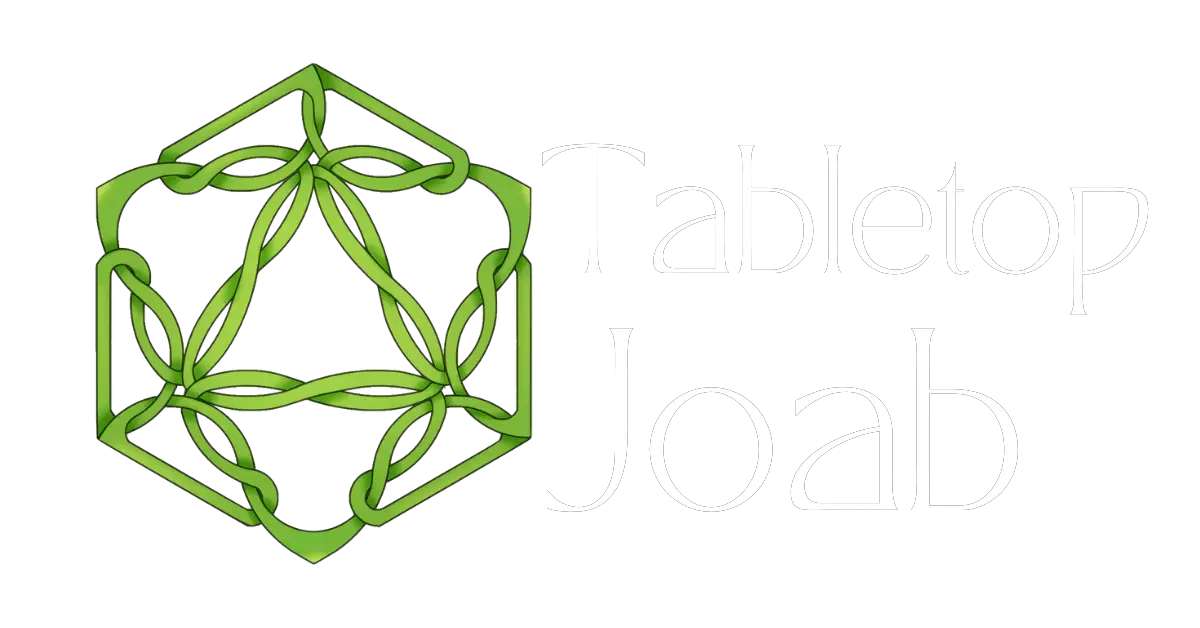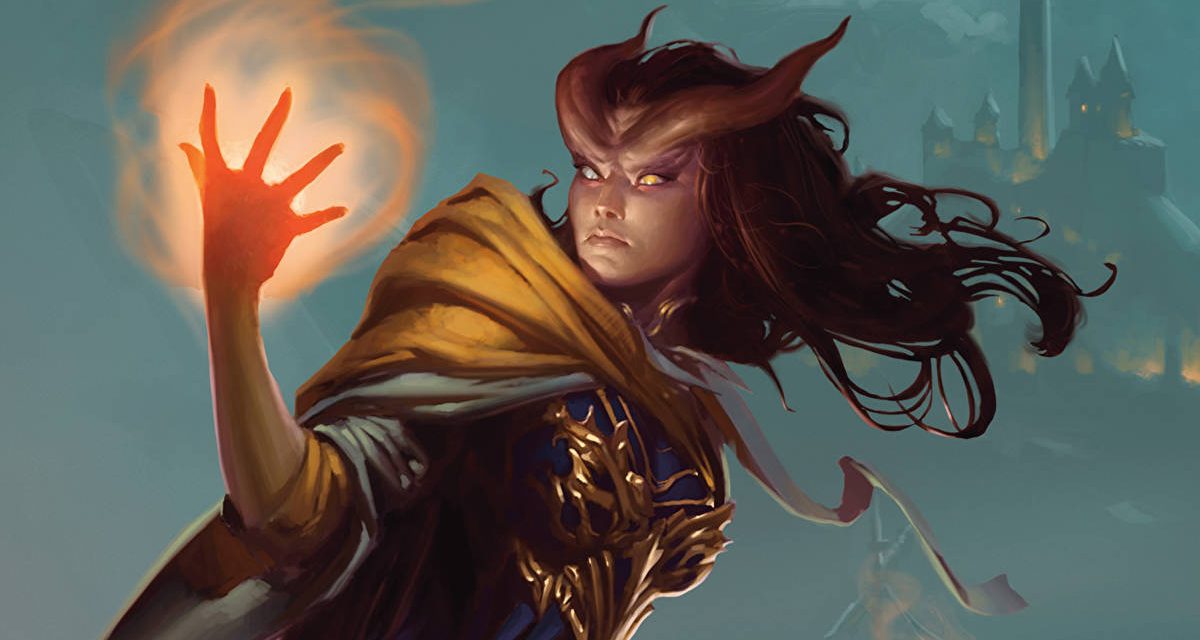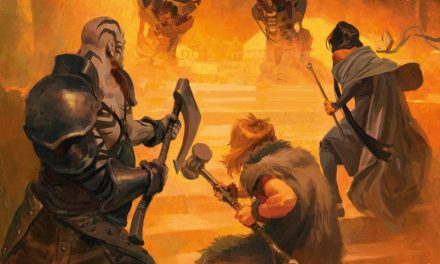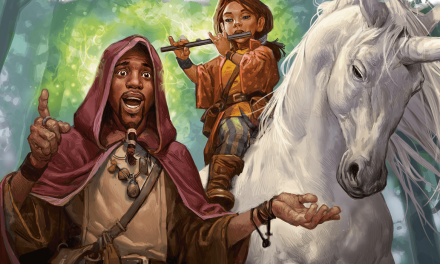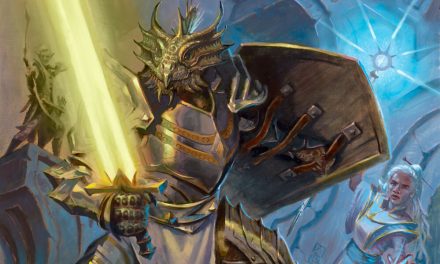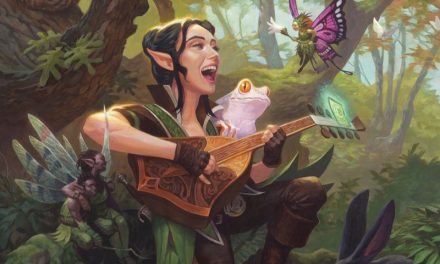D&D 5e Spellbook cards are the essential accessory for any caster. As someone who primarily plays casters, it’s hard to imagine not using them in my own games anymore!
As a caster, it’s a bad feeling when you are trying your best to prepare for what spell you want to cast on your turn only to find yourself still flipping through your book and notes when your turn comes up.
“Come on!” your party’s Fighter says.
“Easy for you to say!” you think, “you don’t have to deal with all of these spells!”
I’m a tactile person, so it’s really helpful to me to be able to have something that I can touch and handle at the table. Whether I’m a player or Dungeon Master, these cards have made it very quick and easy to look up spells without having to interrupt the game.
Being such a fan of the D&D 5e Spellbook Cards, it seemed only fitting to give them a proper review.
Review Criteria
For any accessory, three primary factors are considered: Usefulness, Quality, and Value.
Usefulness is a review of how much impact an accessory has on my personal games.
Quality is a measure of how well-made the accessory is.
Value is meant to determine the “bang for the buck” of an accessory.
Final Verdicts are given as the following ratings:
“Get it Now!” – Absolute Must Have
“Get it On Sale!” – Solid accessory but it could have more “bang for the buck”
“Pass!” – Poor value in terms of usefulness and quality for the price
Usefulness
The Spellbook cards for D&D 5e help you avoid stalling the game by letting you quickly reference your spells.
Plus you’ll save time not having to write down all of your spell information so that you can focus your time on what matters most: playing the game.
Each class has a deck so you’re only getting the spells that you need. Full casters like Wizards, Bards, Clerics, Sorcerers, and Druids especially benefit from using these decks. But, as half-casters, Paladins and Rangers have decks available too!
Plus each deck includes some blank cards so you can add any homebrew spells!
Each card includes the spell’s name, casting time, range, materials, components, duration, and effect.
Cards come sorted by level, so looking for new spells upon leveling up is even easier now!
Being able sort through cards and add them to my character folio makes for a quick and easy experience. I love playing caster classes and it’s nice to not be the one who brings combat to a standstill to look up a spell effect.
Quality
The cards are well-made on a reasonably thick cardstock that makes them easy to handle. There have been more than a couple spills at my table, so the lamination is particularly useful.
As far as the cards’ size goes, they’re the same size as a standard trading card. If you don’t have a character folio, you can still use a binder with card sheets or deck boxes to store them in for quick access!
Value
When it comes to “bang for the buck,” these are awesome for full-casters. The Arcane deck contains most of the spells in the game (thanks to the options available for Wizards, Warlocks and Sorcerers.) Bards, Druids, and Clerics will need to pick up their specific decks.
If you’re playing a half-caster, they’re nice to have but not a necessity. The Ranger and Paladin decks are a bit cheaper than the others, though, since there are less spells to worry about.
There’s definitely value in these cards as a solid resource for any spellcaster.
Final Verdict – D&D 5e Spellbook Cards
The final verdict on the D&D 5e Spellbook Cards is…
“Get it Now!”
As I mentioned at the beginning, these cards are one of my absolute favorite accessories for playing D&D 5e. They are beautifully designed and provide a quick way to reference spells without taking away from the game.
Plus, it’s really fun showing up to a new group with my character information and spells all neatly organized. The looks are priceless!
While the completionist in me wishes that there was just a single, massive box of these so that I could get everything in one swoop, I appreciate separating the spells by class. If someone is playing a Sorcerer right now, they can start with the Arcane deck. Down the road, they can pick up the deck of a different class that they are planning on playing if they would like.
You’ll want to pick up the Xanathar’s Guide to Everything deck as well though as the standard decks don’t include the new spells that have been added to the game.
It’s very likely that a new deck will be coming out soon following the release of Tasha’s Cauldron of Everything.
